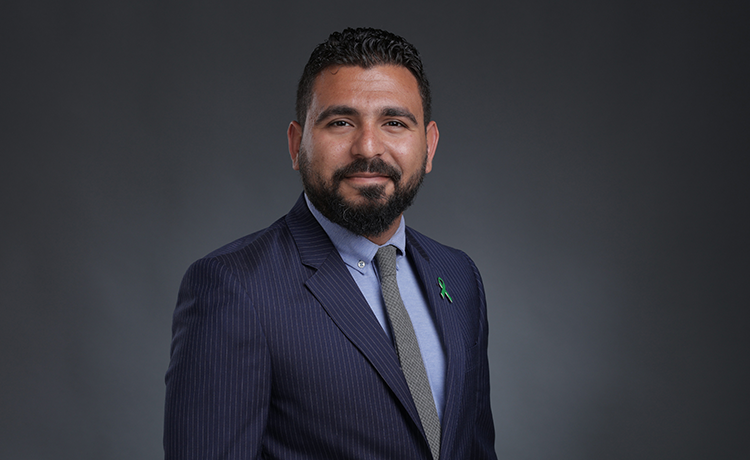By Kareem Farid, managing director, Leap Comms

Change is constant, and the way we work has been continuously changing over the past few years – but the emergence of Covid-19 has led to a complete shift in the way we operate. There are looming uncertainties and new challenges for many of us.
With everyone working from home, it is easy for employees to feel ignored and underappreciated. Now more than ever, we need to create an environment that breeds creativity, responsibility, innovation and engagement. When your team feels that they are growing, your results will grow with them.
As part of our efforts to promote mental health in the workplace, we have partnered with Dr Karine Bekhazi, clinical psychologist and co-founder of Novomed Mental Health. She has identified isolation and burnouts as the two of the leading causes for concern as employees continue to work from home.
Remote work is a common trend in many industries today, especially tech and business services; many are already familiar with how the loneliness of working remotely can impact their
mental health.
For those who are accustomed to conventional office life and a steady rate of social interactions at the office, the shift to remote work as a result of social distancing procedure during the Covid-19 pandemic has been somewhat challenging. It may result in a relatively mild deterioration of mental health.
To maintain a healthy workplace, whether in the office or remotely, we need to ensure we are paying enough attention to our mental health. It is easy to ignore the triggers and focus solely on getting a task done, but we need leadership to create open lines of communication so employees can reach out when they need support. We need to create a positive work environment to boost morale when times are tough.
Toxic work environments can add a lot of pressure on our mental wellbeing too. According to a survey by Mental Health America, 63 per cent of employees experienced isolation because of a hostile work environment, with the same 63 per cent stating that work stress negatively affected their mental and physical health.
Identifying a toxic work environment can be tricky. Still, these are some reliable indicators such as employee burnout, fatigue, illness due to high levels of stress, a high turnover rate in the organisation, not having clear directions on your job role and lack of feedback or recognition.
It is crucial to prioritise your physical and mental wellbeing, but a lot of people do not have the privilege of leaving a job until they land a new role. In such cases, it is essential to develop a system to help you handle the dysfunction.
A few things you can do are engaging in activities that make you happy after work. Go to the gym, cook your favourite meal or learn a new skill. The key is to make sure you are living a fulfilling life outside of work to combat stress.
Organisations must prioritise the mental health and wellbeing of their employees and make the workplace a safe space as employees spend a large part of their day in the office. A healthier work environment improves overall productivity while keeping employees motivated to stay in work, boost creativity, recover from sickness quicker and remain at less risk of severe long-term illness.
Our workplaces are our second home, but when you find yourself struggling, trying to motivate yourself just enough to get through each day, it isn’t worth it.









